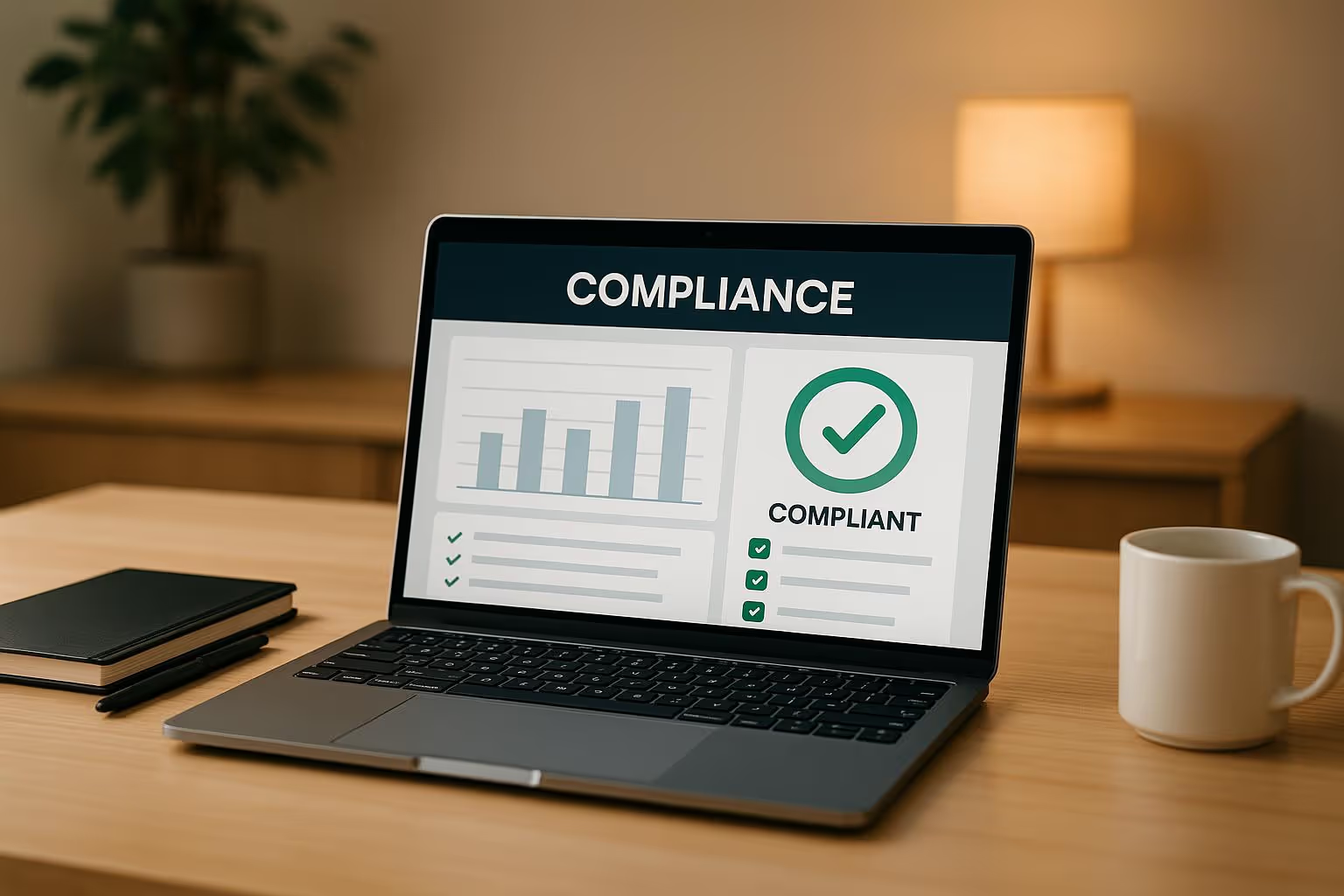
Navigating the complex world of AI regulations doesn’t have to be a headache. Whether you’re deploying a chatbot in the EU or a predictive model in the US healthcare sector, staying compliant with laws like GDPR or HIPAA is crucial. Our innovative tool helps you assess your AI system against ethical and legal benchmarks, ensuring you’re not caught off guard by fines or reputational damage.
As artificial intelligence becomes integral to industries like finance and healthcare, regulators are cracking down on misuse. Data privacy breaches or biased algorithms can lead to serious consequences. That’s where a robust evaluation system comes in—think of it as a safety net. By analyzing your setup for potential gaps, you can address issues before they escalate. From identifying weak consent mechanisms to highlighting fairness concerns, a thorough check keeps your operations smooth and trustworthy.
No two AI systems are alike, and neither are the rules governing them. Input your region, industry, and system type to get a customized report. It’s a straightforward way to stay proactive about ethical technology use without drowning in legal jargon.
Pretty much any kind! Whether you’ve got a chatbot interacting with customers, a predictive model crunching data, or a recommendation engine personalizing content, our tool can handle it. Just tell us the type and purpose of your AI, and we’ll match it against relevant regulations. If your system is a bit niche or hybrid, no worries—we’ll ask follow-up questions or lean on broader ethical guidelines to give you a starting point.
We’ve built a database that covers major regulatory frameworks like GDPR for the EU, CCPA for California, or HIPAA for US healthcare. When you input your region and industry, the tool filters the rules that apply specifically to you. So, a finance AI in the EU gets checked against GDPR and financial directives, while a healthcare model in the US gets a HIPAA-focused review. It’s all about relevance—no generic fluff.
That’s exactly what we’re here to catch. If there’s a risk of bias in your data or algorithms, or if privacy protections seem shaky, our tool flags those as critical issues with bold warnings. You’ll get specifics on where the problem lies—like insufficient data anonymization—and actionable advice to fix it, such as implementing bias audits or updating consent protocols. We aim to keep you ahead of both legal and ethical pitfalls.


